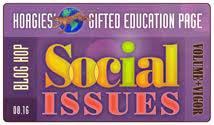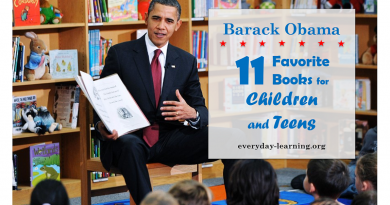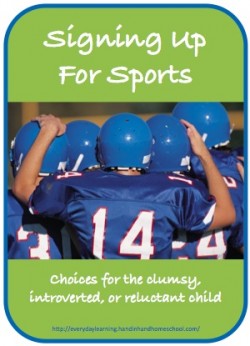Online Bullies: When Your Kid Trolls

You’ve heard the Internet maxim: Don’t feed the trolls! Yet, some days, the temptation to trump trolls with facts and logic can be too much to resist.
Maybe you’ve even been one, yourself, because, well, not all trolls are malicious or evil. If it’s funny, it’s not really bullying, right?
Maybe you’ve played the Grammar Troll, who snarkily points out a critical misspelling that actually makes the original troll’s comment a joke on them? Or the Expert Troll, inserting a citation to some not-so obscure reference that destroys the premise of the original troll’s entire argument (no matter how trivial the argument may be). Perhaps you’ve even engaged as the Humor Troll, deftly making a play-on-words to derail a conversation.
Taking Trolling Too Far
With the tap of a keyboard, online personas become an amalgam of true personality and wishful thinking. For a very small number of people, however, the anonymity of the Internet gives them courage to become bullies – even if they’re a kinder, gentler person in real life.
According to Canadian researchers, online trolling is the “practice of behaving in a deceptive, destructive, or disruptive manner in a social setting on the Internet with no apparent instrumental purpose”. This type of trolling has been shown to be positively correlated to sadism. [You can read the full journal article or you can read the pre-digested version.]
Yes, this is for realz.
Researcher developed the Global Assessment of Internet Trolling (GAIT). They asked over 750 subjects to rate themselves on a scale of 1 (strongly disagreed) to 5 (strongly agreed) for each of the following four questions.
- I have sent people to shock websites for the lulz.
- I like to troll people in forums or the comments section of websites.
- I enjoy griefing other players in multiplayer games.
- The more beautiful and pure a thing is, the more satisfying it is to corrupt.
The average GAIT rating for all people in the study was 1.54 (an average of the four responses). In other words, yeah, people admit to occasionally teasing and taunting on the Internet.
People who scored above 3.5, however, were found to also measure high on a sadism rating scale. Now, that’s a problem.
Bottom Line About Trolling
Debating and chatting online does not breed sadism in kids. Teens commenting for shock value is not, in and of itself, a sign of serious mental illness, either. Even all-out flame wars might not warrant immediate corrective action.
As one cable talk show host, who recently got trolled by a teenager, found out – sometimes troll talk masks a deeper issue that may be too painful to talk about directly. So, how do you know which end of the Internet Trolling scale you kid falls on?
Rather than demanding passwords to all their computer accounts so you can read their comments and follow their digital footprint, talk to them. As in, go walk the dog together or start the conversation at the beginning of a long car ride.
You can open with a personal story about seeing a frustrating Internet comment and how you grappled with the urge to respond.

Prod them.
Ask their opinion.
How would they have handled the situation.
Then, just listen – without judgement.
Listening and looking for patterns to online and in-person behavior can clue you in to if and how you’ll want to parent the situation.
Parenting Resources for Cyberbullying
- StopBullying.gov: What is Cyberbullying
CDC facts and figures reports on cyberbullying. - StopCyberBullying.org: Handling Cyberbullies
Learn about 4 different types of cyberbullies and how to respond to their style and motivation for bullying. - CyberBullying.org: What To Do When Your Child Cyberbullies Others
10 Tips for addressing cyberbullying with your kid.
How did you respond?





I had no idea that there has been research on trolling. Off to read the article now.
Thank you for sharing your perspectives in this article. I found it extremely thought provoking. I hope to remember it the next time I encounter a troll.